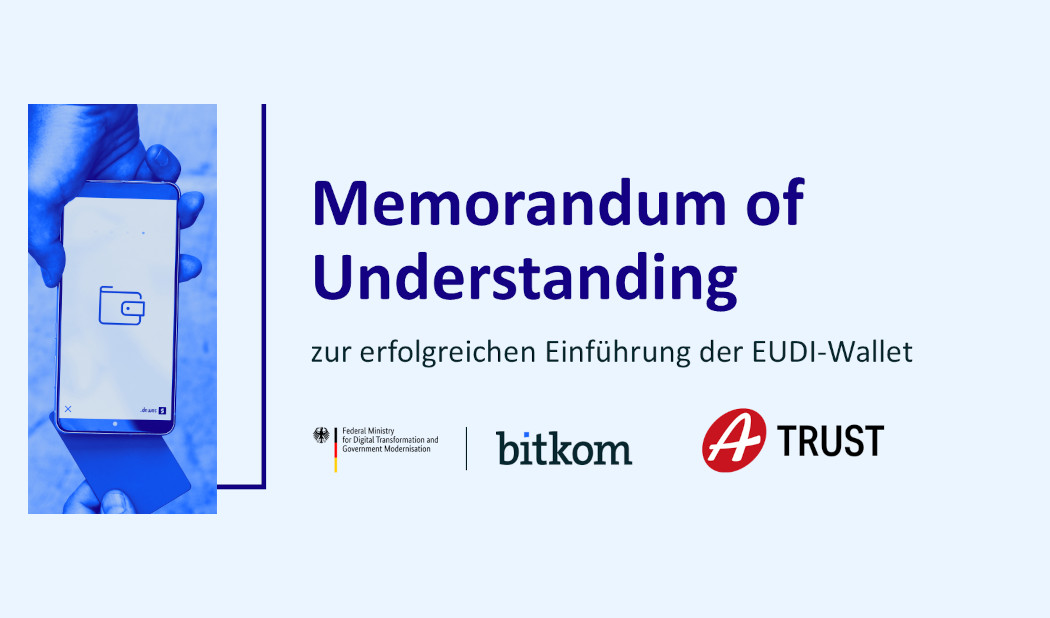News
ICT Convention 2022: The big opportunity for Austria.
22.05.2022
At the ICT Convention in the “Aula der Wissenschaften” on Monday, representatives from industry-leading companies met with selected experts and representatives of the federal government to address the most pressing challenges facing Austria as a digital location. The focus was on the topics of digital resilience, connectivity and innovation & jobs.

Markus Vesely, CEO of A-Trust, was also represented at the ICT Convention in the Digital Resilience Opportunity Valley and in the subsequent panel discussion.
In a time of massive digital transformation, it is important to strengthen digital resilience and thus create digital resilience in order to successfully deal with challenges. Markus Vesely highlighted the opportunity "Austria's top positioning at EU level through the use of simple, secure, European solutions for digital identities and identity-related data" as a great potential for strengthening Austria's digital resilience.
At present, there are many different digital identities, particularly in the private sector, which are difficult to reconcile. The aim is therefore to create a uniform, secure European digital identity for e-government and the economy.. This will enable Austria to further extend its pioneering role in Europe and also expand this leadership role for private sector applications.
In Mr Vesely's view, this requires a rapid and harmonized implementation of the eIDAS Regulation. The opportunities offered by digital identity must continue to be used effectively: On the one hand, the advantages of the qualified electronic signature (QES) can also be used optimally in the private sector because it creates secure framework conditions and pushes process optimization.
On the other hand, as an eIDAS-compliant identity, ID Austria offers further enormous potential through the qualified, verified attribute services required by eIDAS 2.0, the so-called "Qualified attribute attestation services". These need to be implemented quickly so that these qualified attributes can also be used in business. This will make it possible, for example, to provide qualified proof of driving licenses, insurance policies or university certificates directly on a cell phone. The key point here is that data sovereignty remains with the user at all times. It is also necessary to create attractive incentives for application operators to use qualified certificates in order to guarantee the quality and security of the data.
The positive consequences of these measures are the strengthening of trust in digital identities as well as the strengthening of privacy and data protection and data sovereignty. It will also simplify usability for companies and citizens and make it easier to access the European digital market.
The opportunity presented for a uniform digital identity for e-government and business was met with great acceptance by the Federal Minister of the Interior, Gerhard Karner, and in particular by the Federal Minister for the EU and Constitution, Caroline Edstadtler, who "feels that this confirms her efforts". The experts Gabriele Kotsis (Professor of Computer Science, JKU Linz), Eric Demuth (CEO, Bitpanda) and Harald Kräuter (Director of Technology and Digitization, ORF) also gave consistently positive feedback.
Now we need to work together to realize this opportunity.


